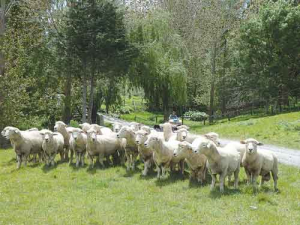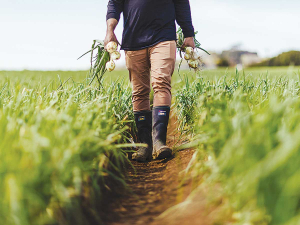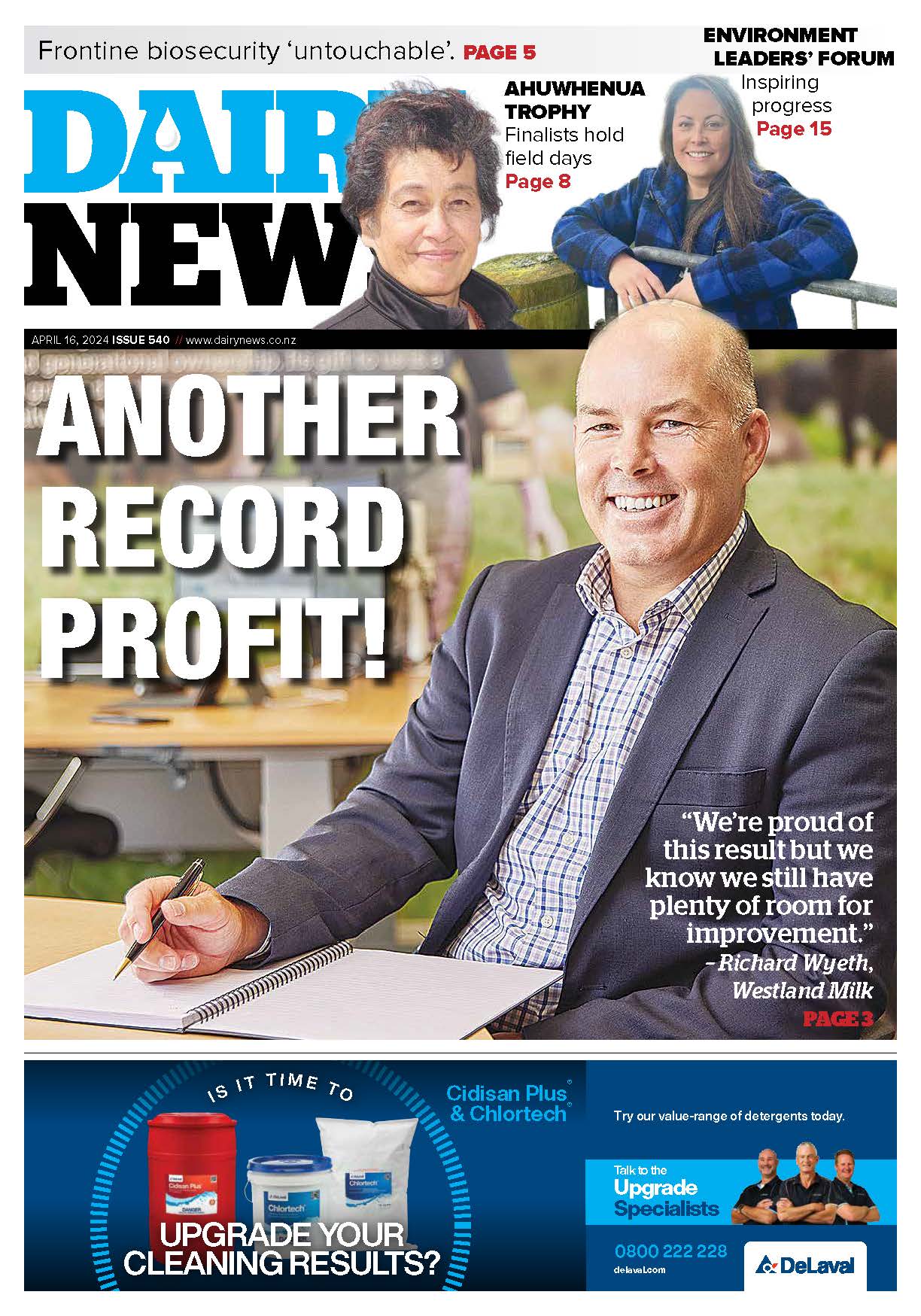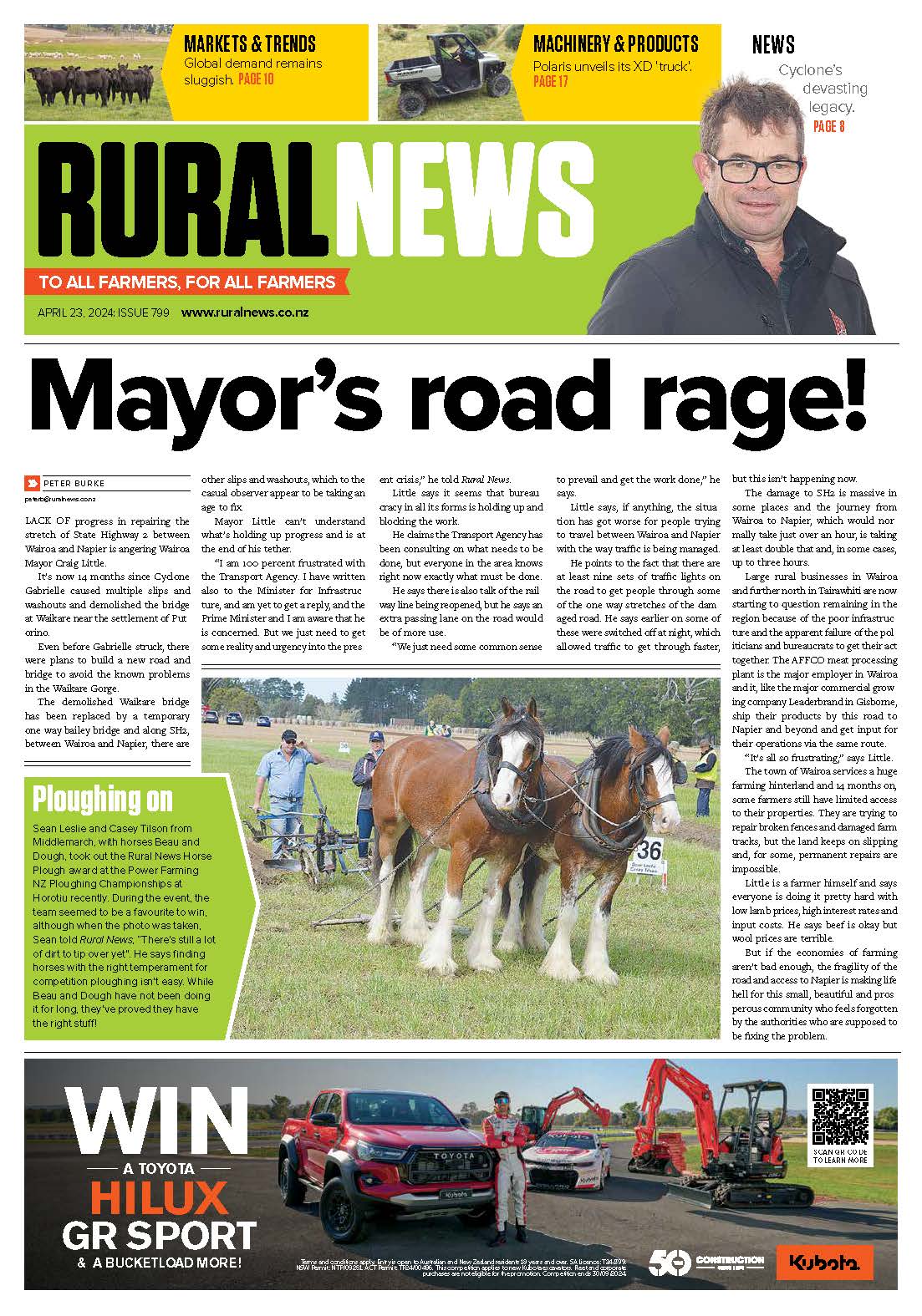Healthy rams that last allow more focus on culling for production-based traits, rather than preventable ill thrift or diseases that are not genetic.
In the Beef + Lamb Genetics ram health and husbandry study we identified some key reasons for ram losses, many of which are not due to the genetics but rather the management and husbandry of those ram teams.
Below is a summary of some of those areas and some management practices that may improve the outcomes for ram teams.
1. Body condition (BCS)
In the study rams lost on average 13% of body weight over mating, seemingly a reasonable amount to lose. However, many rams were losing 20 - 30% of body weight over the mating period. These rams had slower recovery of that condition and higher death and culling rates. This body condition loss was not bred-specific, but farm specific, i.e. certain farms pushed rams harder regardless of whether they were terminal or maternal types. If ewes lost a small amount of BCS over mating then ram teams lost more than 13%.
2. Parasitism
Parasite burdens on rams were very high in mixed-age good condition rams pre-mating. Add to a worm burden the stress of mating and body condition loss, then it is fair to assume worm burden will have a significant impact on ram health and recovery of BCS post mating.
Recommendation:
• Get rams in good condition pre-mating: BCS 3.5. Fitness of rams also can make a difference. One suggestion for exercising rams was to train the pup on rams for 1-2months prior to going out.
• Drench with an effective combination drench and boost with minerals (B12, Se, Iodine) pre-tup.
• Post-mating drench again on removal from ewes. Check feet (see feet section below).
• Make feeding a priority over the winter to recover BCS to help get immune function back on track, e.g. 100kg will need at least 3kgDM daily to gain weight and this will ideally have some quality green feed or ever concentrates. Ideal liveweight varies widely in rams (90 - 150kg). Therefore rams that have 130kg optimal weight will have almost 50% higher maintenance feed requirements than rams that are 90kg at optimum. This may be part of the reason for big sheep ‘not lasting’.
3. Teeth
Excessive tooth wear or broken mouths were associated with ill thrift and deaths and were a main reason for culling.
Recommendation
• Checking teeth of rams twice yearly pre-mating and prior to working ram purchases for next year.
• Tooth wear is influenced by age and the grazing pressure applied to stock. Running rams on longer pasture covers is likely to improve BCS and reduce tooth wear.
4. Feet
One of the main reasons for early culling of rams was feet issues -- mainly infectious foot problems such as footrot or foot abscess.
There was a wide range of opinion and attitudes toward hoof care in rams, however farmers in the survey and the ram study who made hoof prevention a priority with rams had less culling for feet related issues. Recommendation:
• Eradicate footrot from the ram team. This is possible as they are an isolated group for 10 months of the year, but is not easily achieved in some cases. Inspect feet whenever the opportunity arises, ideally three times per year. Pre- and post-mating is most critical: two clear inspections at least 30 days apart are required to deem a group clear of footrot.
• Troughing in zinc sulfate during wet conditions will help reduce the scald. Rams leading up to mating seemed to have higher incidence of lameness, so 7-14 day troughing cycles leading up to mating will prevent simple infections becoming abscesses/footrot. Part of the fitness-pup training program.
• Aside from mating, selecting drier paddocks or areas where rams can camp out of the moisture will reduce infection rates.
• Treating feet lesions early with systemic anti-biotics and topical spray will give best recovery rates. Some will require careful paring to relieve infection and allow healing. Hoof abscesses occur when simple lesions are neglected. Once into the joint an abscess will not respond to antibiotics.
5. Other
Get your rams vet checked annually. Testicular lesions are not uncommon and brucellosis can have a devastating effect on a flock.
Boost with 5 in 1 every year. This is a very simple way to prevent sudden death in rams.
Fly protection, especially around the head pre-summer and late summer.
Social pressures. Injuries from fighting are not uncommon, but can be reduced by keeping a stable mob dynamic and mix mixing rams. New two-tooth rams are best kept separate until after mating if possible.
• Dave Robertson is a vet at Oamaru Veterinary Centre.

















